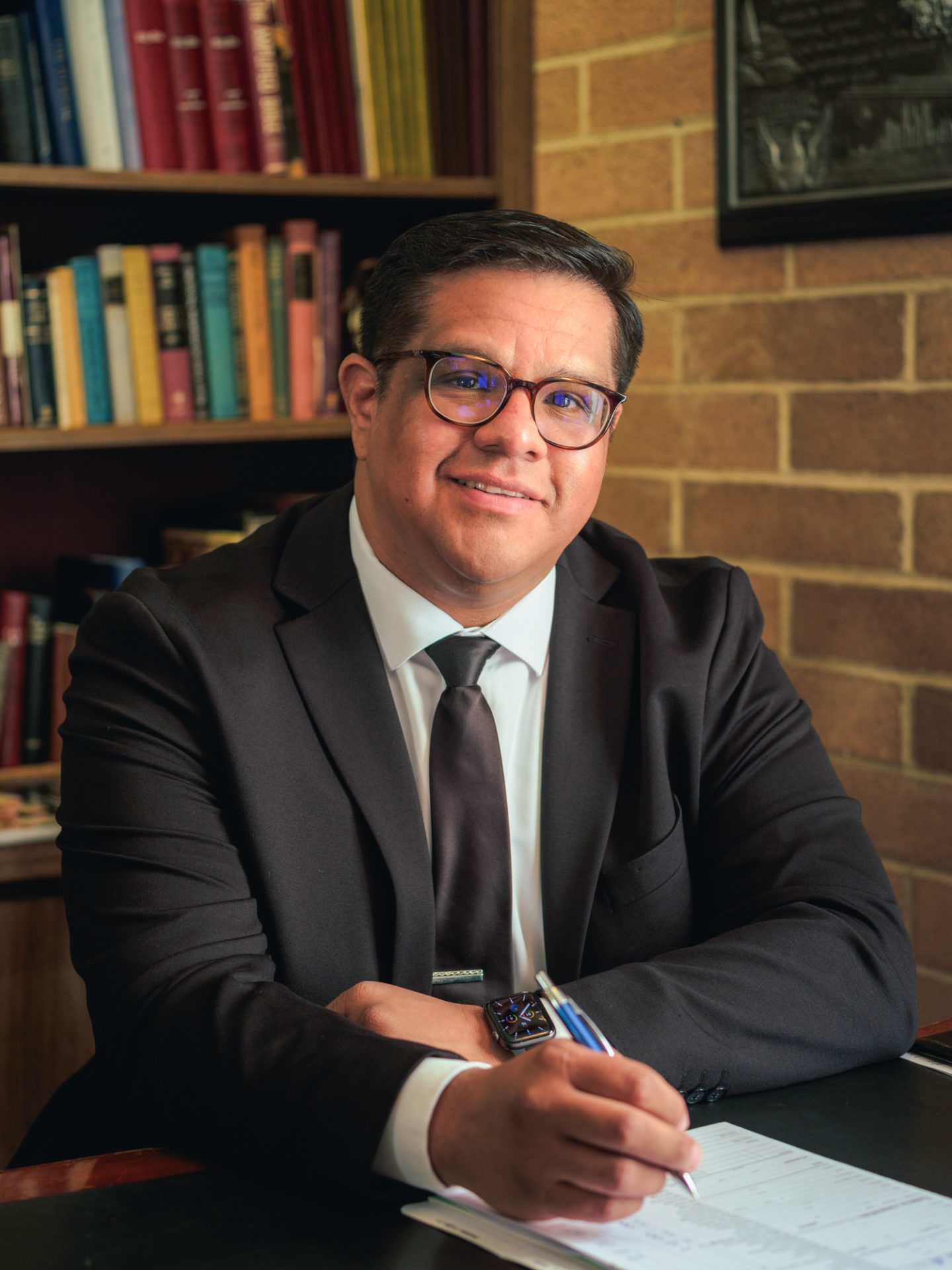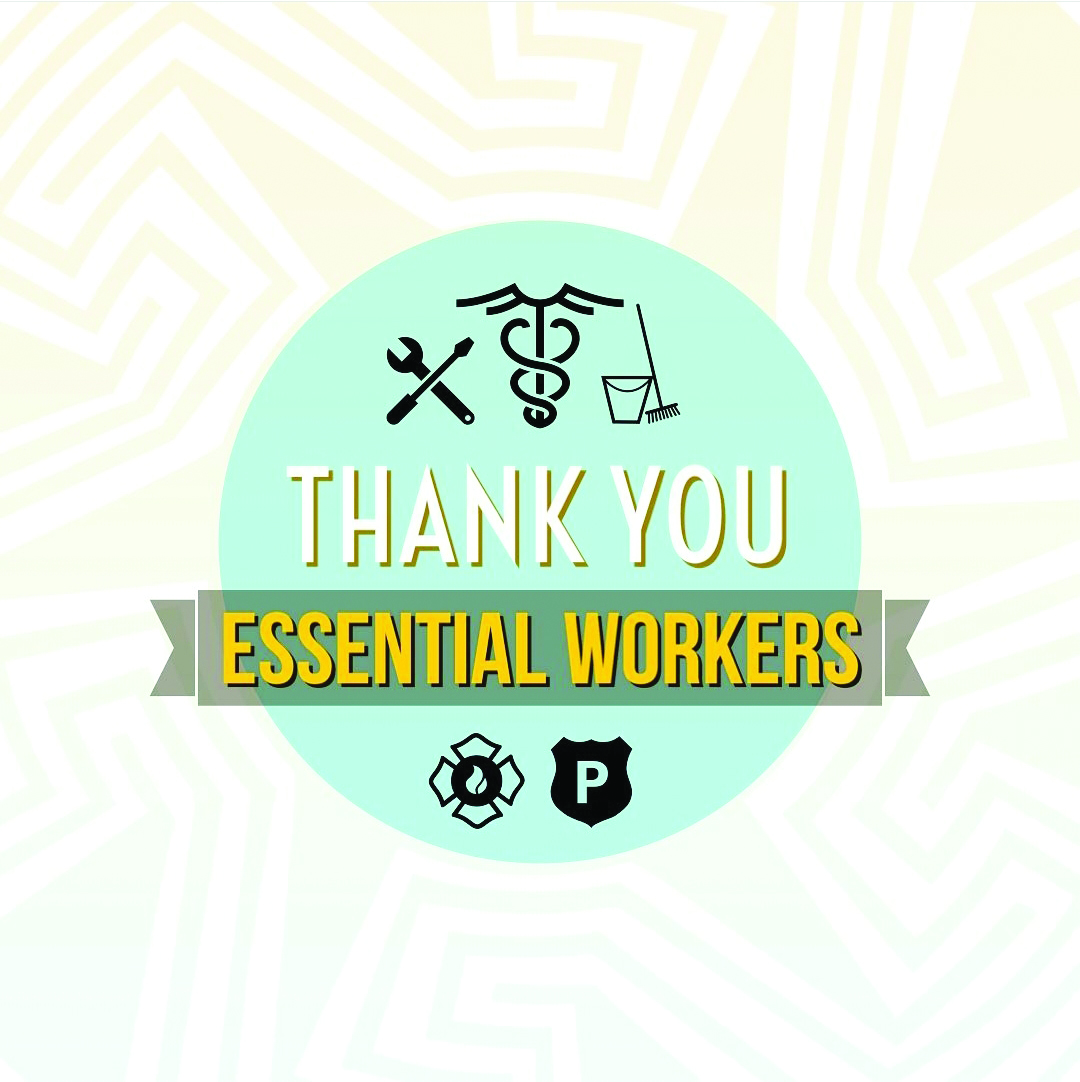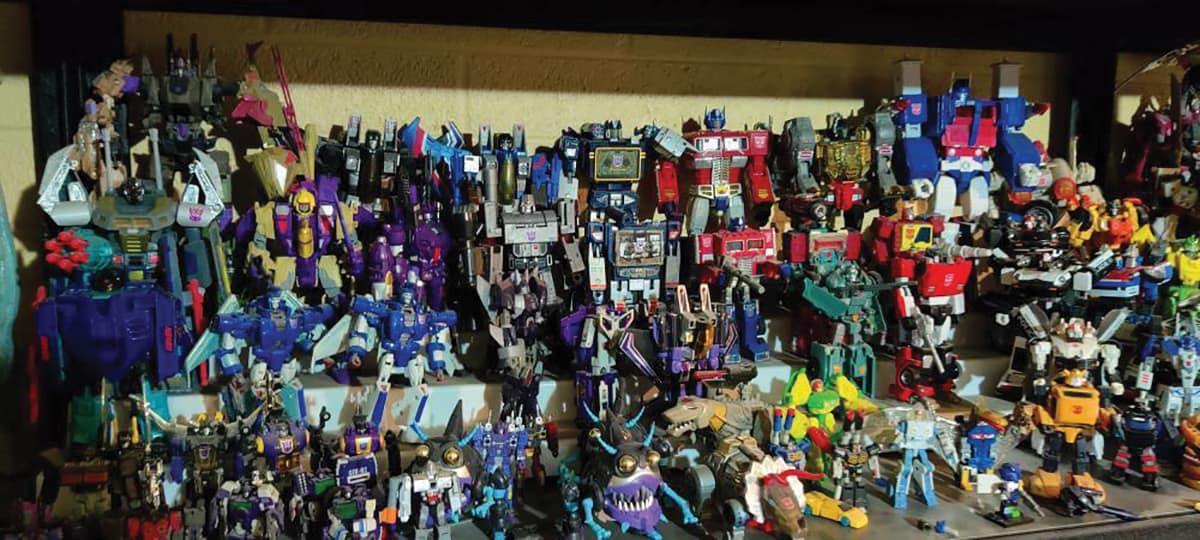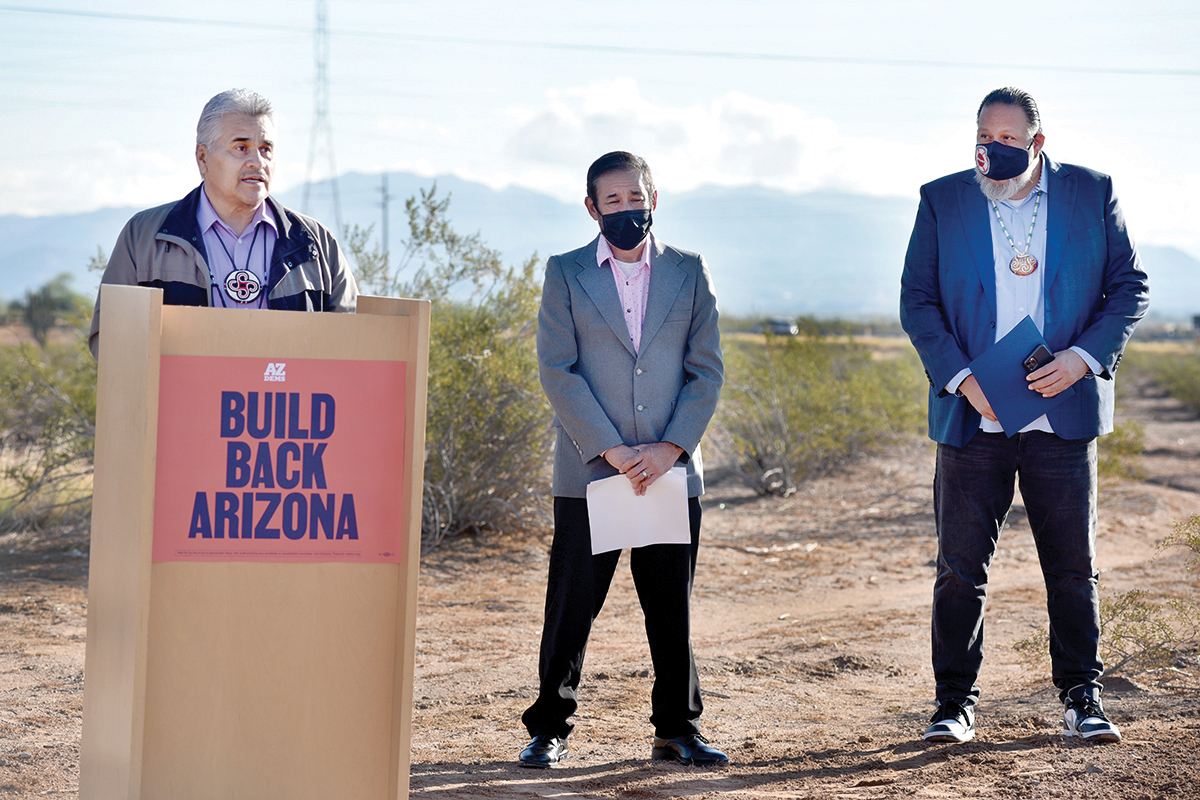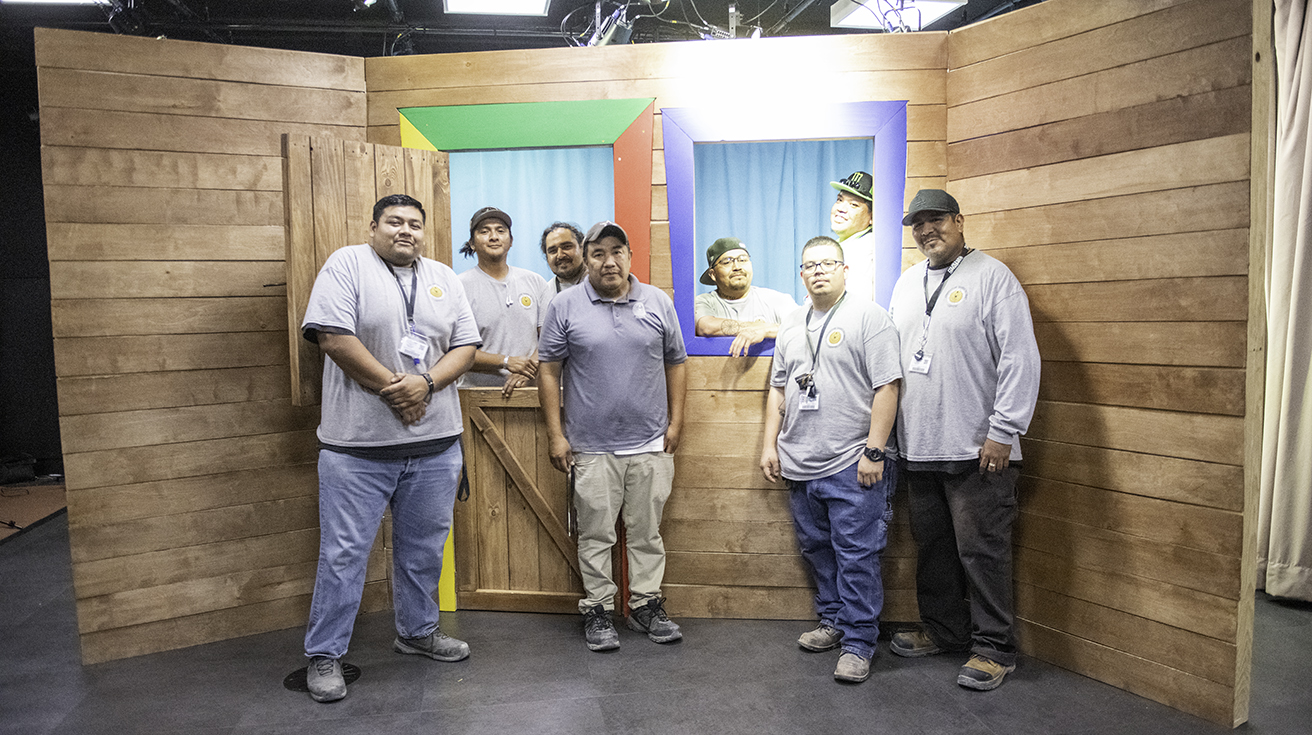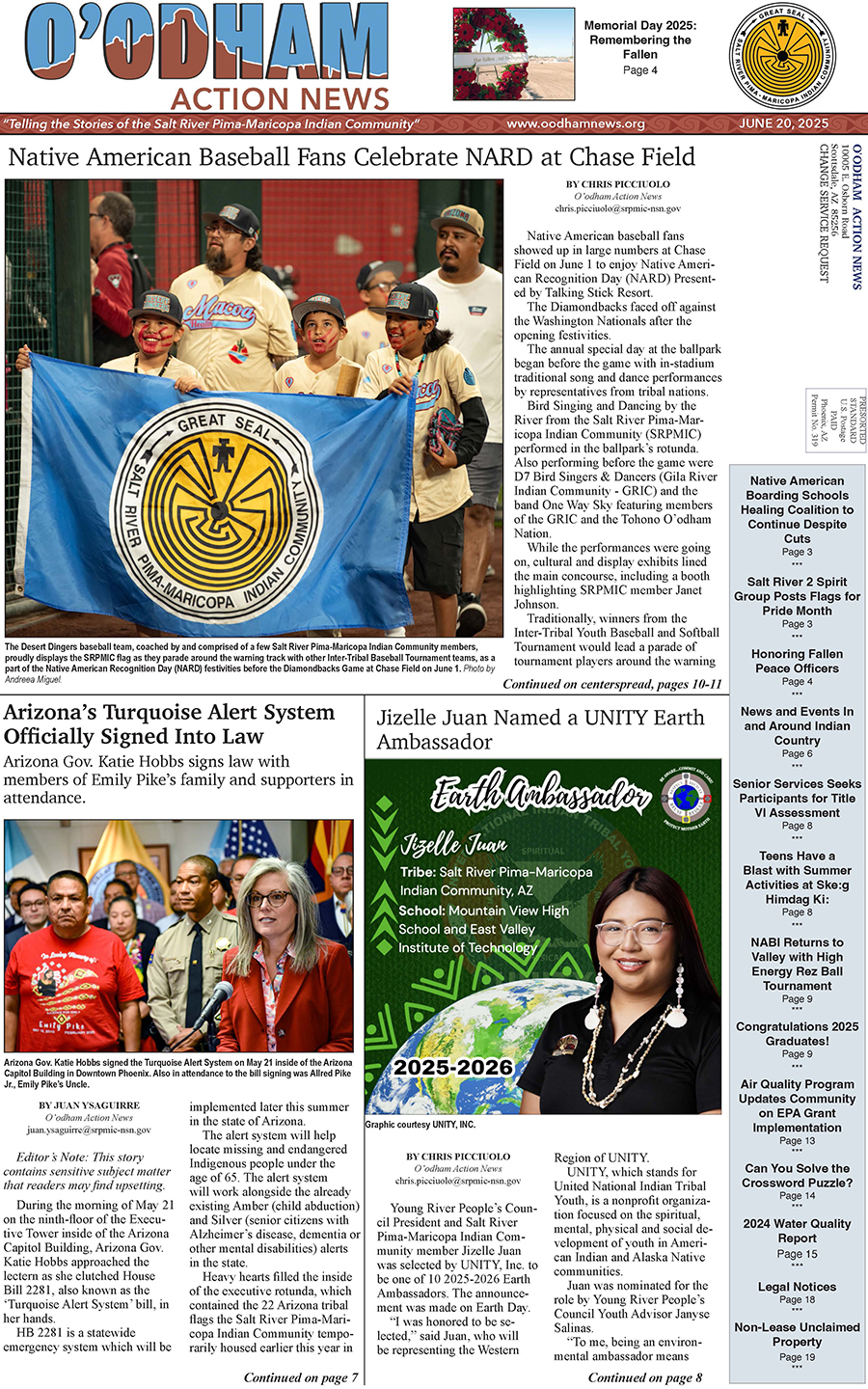VIEWS: 1917
November 6, 2024Funeral Director Brings Piipaash Culture into Mortician Role
Salt River Pima-Maricopa Indian Community member Marshall Loring is a licensed funeral director (mortician), embalmer and cremationist at Messinger Mortuaries in Scottsdale. Currently he is in his fifth year in the profession.
Loring is the first known professional mortician from the Community, something that he said brings him great honor. But he says that the role isn’t new or foreign to his people.
“In our Piipaash culture, there was always a person who cared for our dead, the Piipaa Vthaym; he was considered the person in charge of that ceremony,” Loring said.
“So as a funeral director and embalmer, I’m just continuing that tradition of caring for and honoring our relatives’ lives when they’re entrusted into my care—but with the formal knowledge and training to ensure our loved ones are cared for using modern standards.”
Loring’s parents are Greg and Teresa Loring. His paternal grandparents are Phillip and Norma Loring (nymshmaak), and his maternal grandparents are Marie Santo (nymshmaak) and Joe Cruz.
As a Community member, Loring said he knows what needs to be done when it comes to traditional practices, whether the family is O’odham or Piipaash and if they’re planning a traditional burial or cremation.
“There are so many steps and preparations that go into our practices—not only when it comes to our traditions, but also our religions,” said Loring.
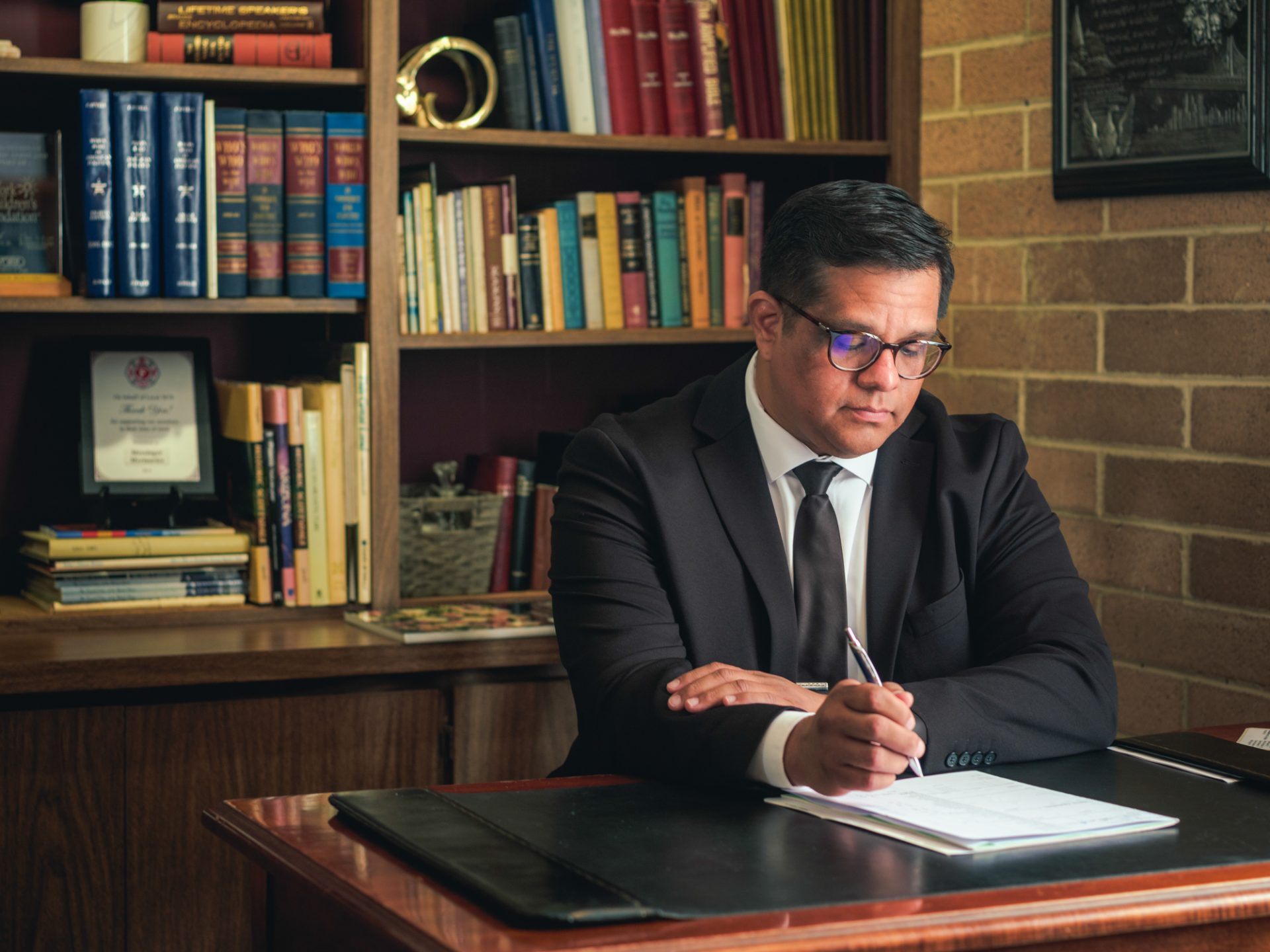
“I know what needs to happen for the Catholic Mass and who the priests and deacons are in the Community, or what needs to happen in preparation for a family from the Church of Jesus Christ of Latter-Day Saints. There are details that can be overlooked or customs that can be dismissed when you don’t know the people you’re serving.”
Loring said that it’s reassuring for families to know that there is someone in their own Community that they can turn to in a time of loss.
Loring’s first experience with death was attending his grandfather’s funeral when he was about 10 years old.
“I can recall walking into the mortuary and seeing him lying in a casket,” Loring said. “I remember exactly what he was wearing. I can even remember going to the graveside and watching the military honors being rendered. But through all of that I also remember thinking to myself, ‘Why doesn’t he look ‘dead’? He looked peaceful and comfortable, as if he were sleeping.”
It was that experience that made Loring explore mortuary science as a career option later in life.
Prior to becoming a funeral director, Loring worked in behavioral health and social services for about 10 years, both inside and outside of the Community.
At the beginning of the COVID-19 pandemic, he began working at Melcher’s Mortuary in Mesa as a part-time funeral assistant and an administrator, processing death certificates and other paperwork, before graduating from college in 2020.
Shortly after, Loring became an intern at Messinger, primarily working as an embalmer throughout the pandemic, which he said was an important experience in terms of learning best practices at a time when so much was unknown about the virus.
Loring worked hard to pass national board exams that are specific to sciences and other in-depth topics related to funerary practices, ethics and religions. To obtain his funeral director license and another license for embalmer and cremationist, Loring was required to pass separate exams on state law and regulations.
“As a mortician, there is constant exposure to vicarious trauma, so being able to manage and work through that is essential,” he said.
His typical day starts out at the office, reaching out to families who have lost a loved one through the night. He lets the families know that their family members have arrived safely into his care and offers them reassurance, answering any questions they might have.
On an average day, Loring meets with at least two families to discuss arrangements for cremation or burial. He will explain the available services and specific religious or cultural customs and then get started on the required documents. Then, either the process of embalming [the chemical treatment of a body to preserve it from decomposition] or cremation begins.
“I spend a lot of time with each family, getting to know them and learning about their loved one’s life, so I can serve and support them in the best way possible,” Loring said.

